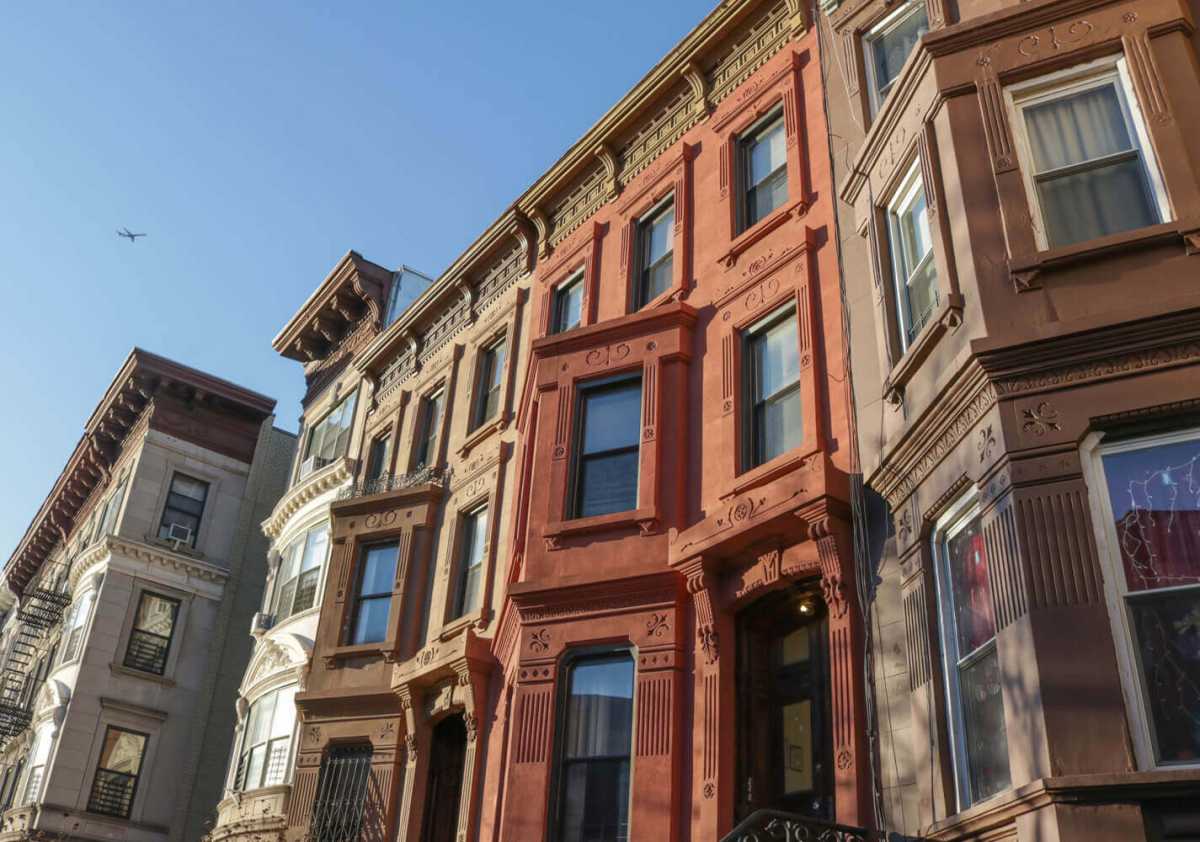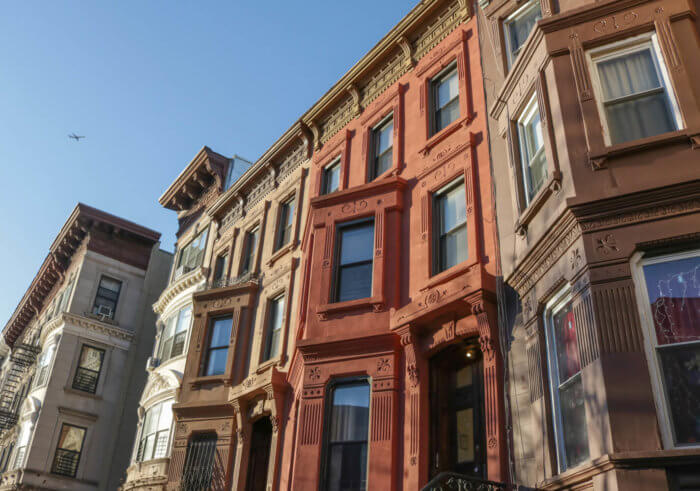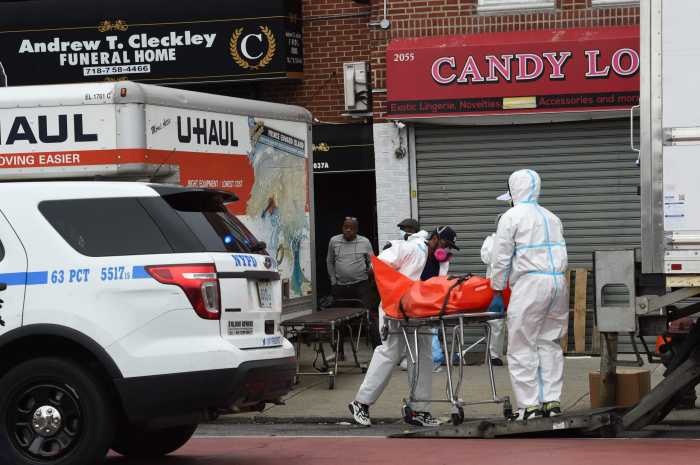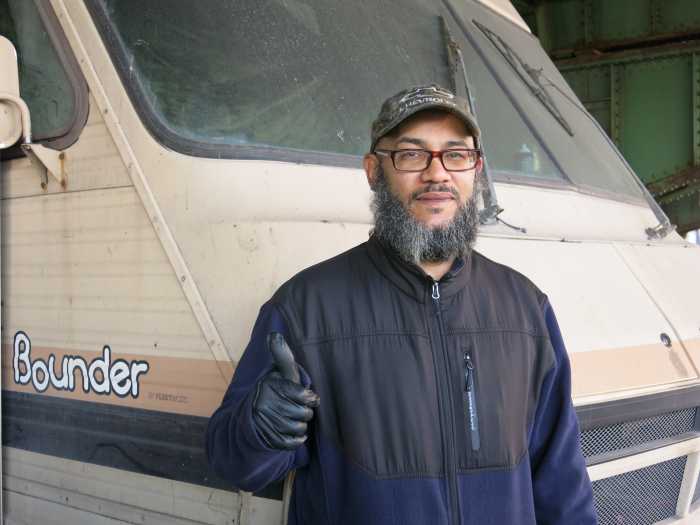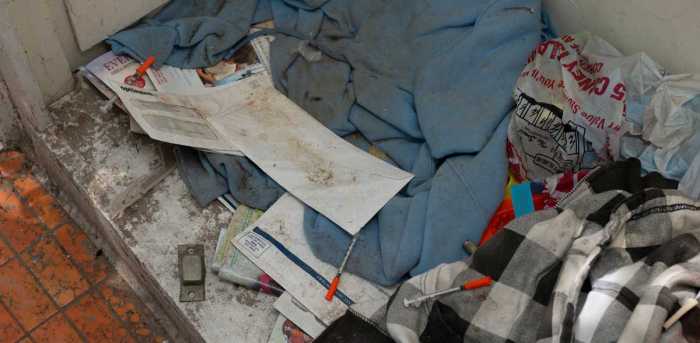As a lifelong resident of Brooklyn, I’ve personally witnessed the sweeping changes that have transformed our borough and indeed the entirety of New York City. I’ve watched neighborhoods lose their sense of community as rents soar, family-owned restaurants become chain establishments, and neighbors no longer know each other’s names. In this shifting landscape, the cultural heritage and character of our streets and blocks have vanished alongside the longtime tenants who once called these areas home.
That’s why housing advocates like myself are elated to see New York City implement Local Law 18, known as the Short-Term Rental Registration Law. This landmark legislation, which recently took effect, represents a vital step in the regulation of short-term rentals on platforms like Airbnb, safeguarding the integrity of our city’s housing market. Under this law, short-term rental hosts are required to register their operations with the city, and only registered units are permitted to be advertised for rent.
Enforcing Local Law 18 is crucial, especially in the midst of a housing crisis where many New Yorkers struggle to secure long-term, affordable housing. While there are other essential tenant protections needed, Local Law 18 is a significant stride forward. Since the inception of Airbnb and similar platforms, property owners have increasingly transformed their rental units into makeshift hotels, diverting them from their original purpose of providing homes for New Yorkers in favor of quick profits.
As of September 5th, there were nearly 22,000 entire apartments listed for rent on Airbnb across NYC, with a staggering 31,442 bedrooms available for short-term stays. This phenomenon has had a particularly profound impact on Brooklyn, where the housing market is among the most competitive and expensive in the world. Neighborhoods like Bed-Stuy and Crown Heights have been hit the hardest with some of the highest concentration of Airbnbs – which also correlates with high rates of eviction and the exodus of Black New Yorkers seen in this past census from these same neighborhoods. It’s easy to pinpoint on the block which apartments have Airbnb rentals, with a rotating door of tourists with suitcases, versus the neighbors that used to live there.
Local Law 18 offers a lifeline to residents facing these challenges and to our community as a whole. Yet, this critical legislation is not without its detractors. Short-term rental companies and hosts are lobbying to water down its provisions. It’s imperative that we stand resolute in our support for Local Law 18 and its full, unadulterated implementation by the city’s Office of Special Enforcement (OSE). These rules must be enforced effectively, ensuring that illegal hotel rooms are returned to our housing market as homes for fellow New Yorkers.
In doing so, we can begin to restore balance to our city’s housing market, easing the burden on our neighbors and creating a more equitable future for all. Local Law 18 is a beacon of hope, but we must protect it from special interests seeking to weaken its impact. Let’s prioritize the well-being of our fellow New Yorkers and the future of our beloved neighborhoods by upholding and enforcing this vital piece of legislation.
Rob Solano is the executive director and co-founder of Churches United for Fair Housing. Founded in 2009, CUFFH is a grassroots organization working to preserve and create vibrant communities that are truly affordable for working families in New York City through community organizing, youth engagement, and robust affordable housing services.


